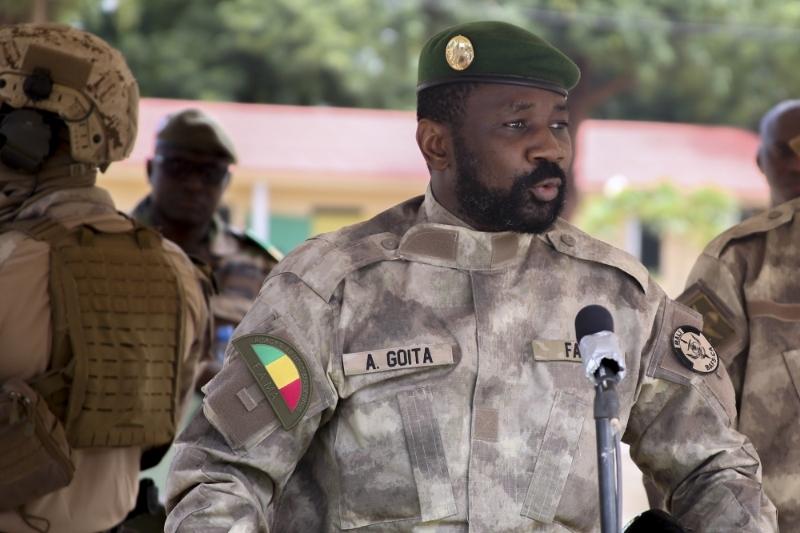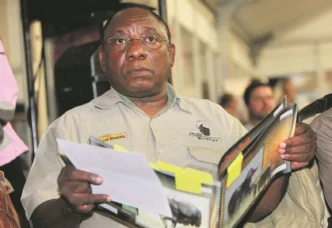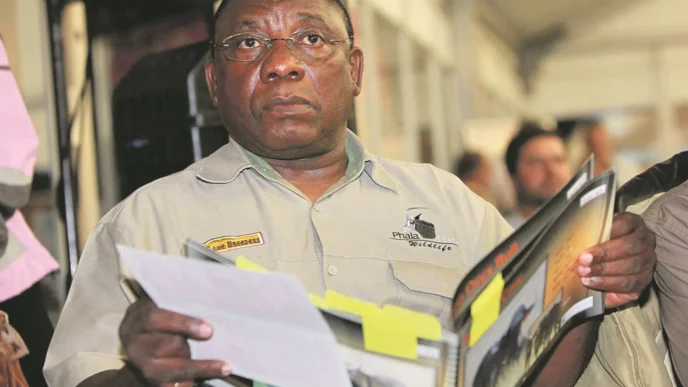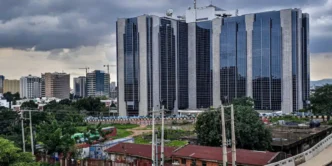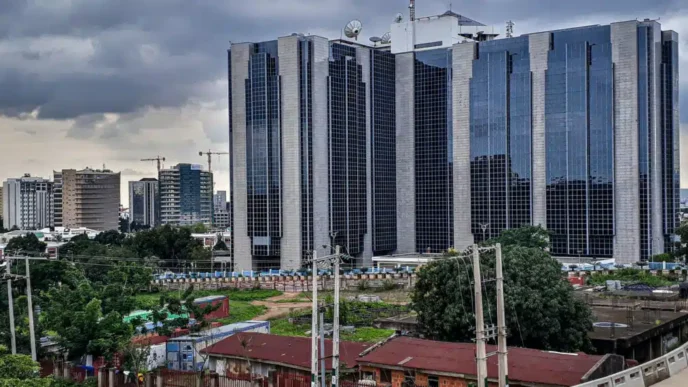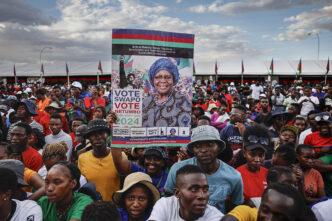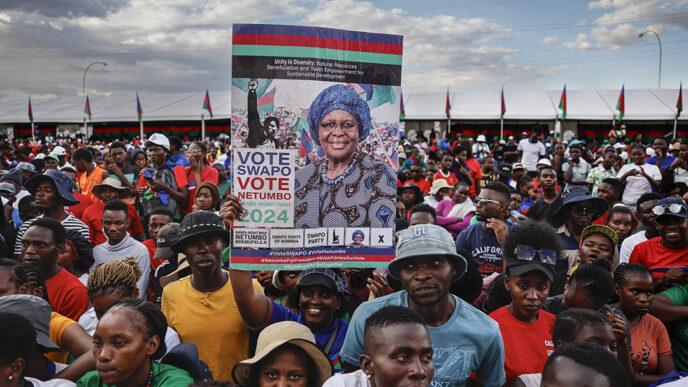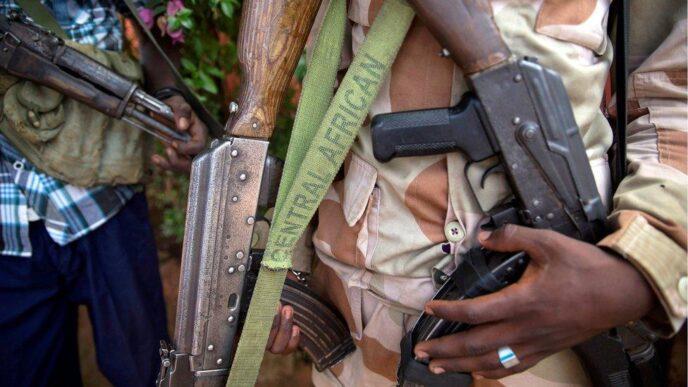Mali cuts TV Stations
Recently, the ruling junta took the drastic step of severing the signal of Joliba TV News, a popular broadcaster. This action followed a heated televised debate where a prominent politician openly criticized the military rulers of neighboring Burkina Faso.
Attaher Halidou, the journalist who led the debate, expressed his hope for a swift resolution, stating, “This morning, the authorities cut off our TV channel signal, but we’re still optimistic that they’ll restore it soon.”
Arrests and Repressions
The recent cuts to TV stations in Mali coincide with a broader crackdown on dissent. Earlier this month, authorities arrested politician Issa Kaou N’Djim after he claimed during the debate that Burkina Faso’s military rulers fabricated evidence of a foiled coup in September.
Meanwhile, the junta questioned the director of Joliba TV, further tightening its grip on media freedom. This decision to cut the channel’s signal represents a significant escalation in the junta’s efforts to silence critical voices.
Moreover, the Press House of Mali, which represents journalists and media outlets, has voiced its concerns. They threatened to rebroadcast the controversial debate if the authorities revoked Joliba’s license.
Bandiougou Danté, the president of the press organization, stated, “We are in talks with the Malian authorities to find a global solution that not only concerns the restoration of Joliba TV’s signal but also the threat of withdrawal of its license and all other factors concerning press freedom.”

The Broader Context on Why Mali Cut TV Stations
Mali has endured military rule since a series of coups that capitalized on public discontent with previous democratically elected governments, particularly over security issues.
Alongside Niger and Burkina Faso, Mali forms part of the Alliance of Sahel States (AES), a mutual defense pact established in 2023. Analysts observe that the security situation in AES member countries has deteriorated, with a record number of attacks by Islamic extremists.
Government forces have also faced accusations of killing civilians suspected of collaborating with militants. In this turbulent environment, the cuts to TV stations reflect a broader strategy to suppress dissent and control the narrative.
N’Djim, who previously served as one of the vice presidents of Mali’s National Transitional Council, has distanced himself from the military regime, advocating for a return to electoral democracy. His past criticisms of the junta led to a six-month prison sentence in 2021, pointing to the risks faced by those who dare to speak out.
The Future of Press Freedom in Mali
The situation of Mali cutting TV stations amplifies the ongoing struggle for political dissent and media independence in the country. As authorities continue to suppress critical voices, the future of journalism in Mali hangs precariously in the balance.
The international community must pay attention to these developments, as the fight for press freedom remains crucial in the quest for democracy and accountability in Mali.
Read More:

